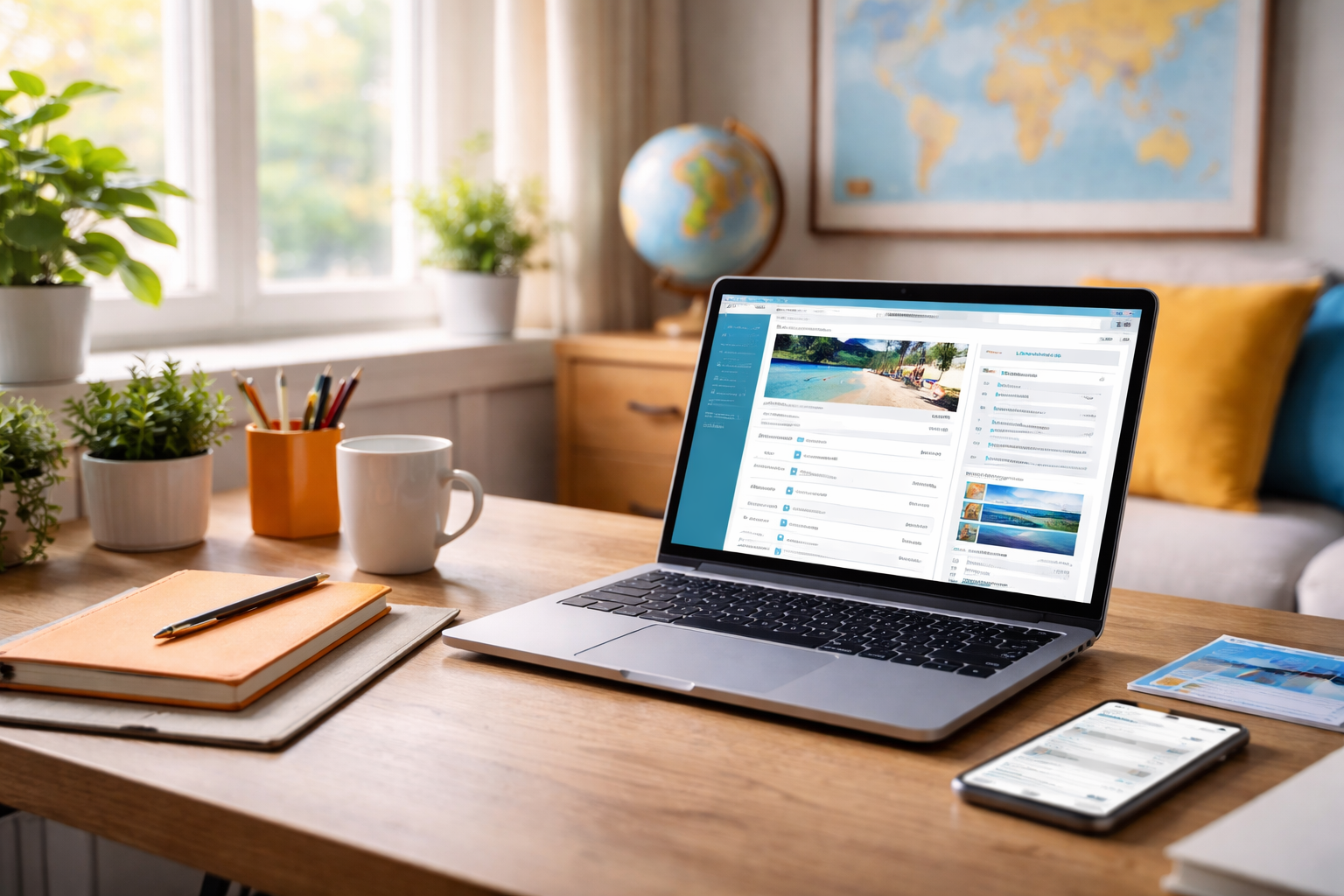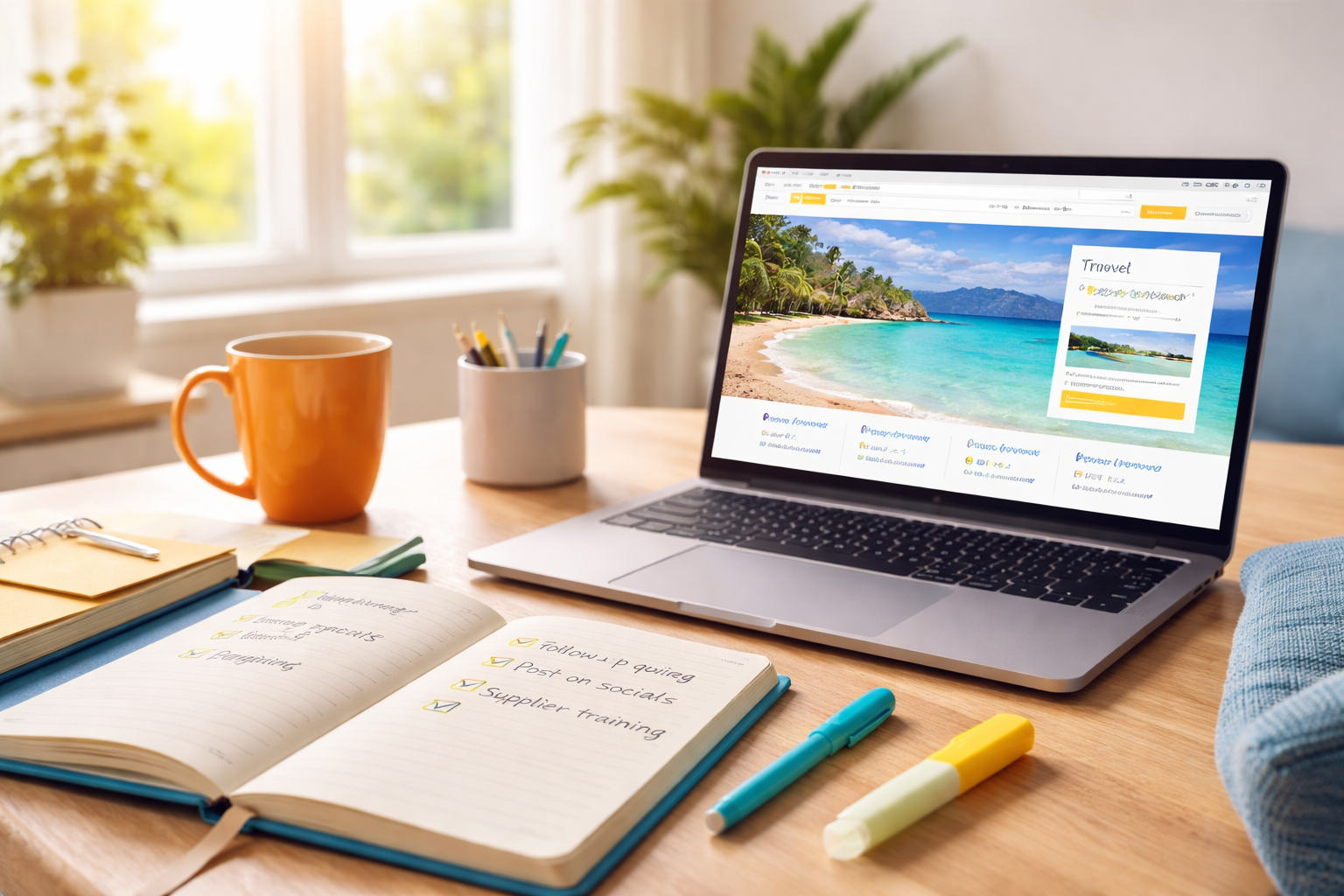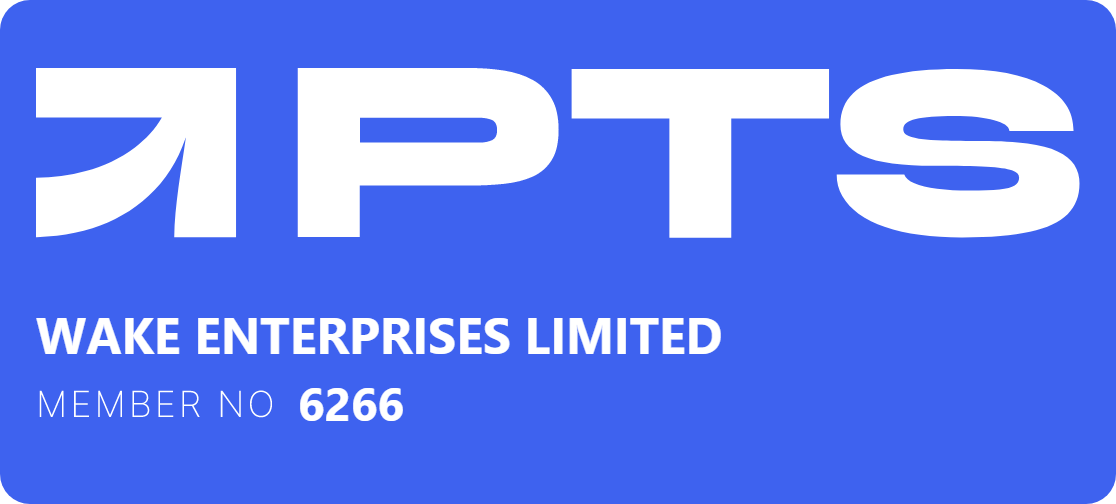The Power of Follow-Up: Don't Let That Enquiry Go Cold
The Power of Follow-Up: Don’t Let That Enquiry Go Cold

One of the most overlooked skills in building a thriving travel business is the ability to follow up travel enquiries effectively. For new travel homeworkers, the excitement of receiving an initial enquiry can quickly turn into disappointment when clients go silent.
The truth is, most potential customers don’t book straight away — they need reassurance, reminders, and a personal touch. That’s why follow-up is where the magic happens.
In this guide, we’ll explore why follow-up matters, simple strategies you can use, and how consistency can transform cold leads into loyal clients.
Why Following Up Matters in Travel Homeworking
As a travel homeworker, your clients often have plenty of choice. They can search online, walk into a high street agency, or ask a friend for a recommendation. What sets you apart is personal service — but if you stop after the first response, you leave the door wide open for competitors.
Consider this:
- Many customers enquire weeks or even months before they’re ready to book.
- Life distractions often delay decision-making, even when they’re interested.
- A gentle reminder from you could be the nudge that makes them commit.
Failing to follow up is like planting seeds and never watering them.
Step 1: Respond Quickly and Professionally
The first step in a strong follow-up system is replying promptly to the initial enquiry. Studies show that response times under an hour dramatically improve conversion. As a travel homeworker, you may not always be available instantly, but setting the expectation with an auto-reply (“Thanks for your enquiry — I’ll be in touch within two hours”) reassures clients that you’re on the case.
Quick, professional responses build trust, while slower replies risk losing business before follow-up even begins.
Step 2: Create a Follow-Up Plan
Following up isn’t about pestering — it’s about staying helpful and visible. Having a structured approach makes it easier to stay consistent. For example:
- Day 1: Thank the client for their enquiry, summarise what you’ll be researching, and set a clear timeframe.
- Day 3: Share tailored options, ask clarifying questions, and invite feedback.
- Day 7: If no response, send a friendly check-in — highlight a special feature of one option.
- Day 14: Remind them availability may change and encourage action.
- Day 30: A soft nudge — let them know you’re still here if they’re not ready yet.
This drip-feed approach keeps you top of mind without overwhelming the client.
Step 3: Use Personalisation to Stand Out
Generic follow-ups are easy to ignore. Personalised messages show you’ve listened.
- Mention details from the original enquiry: “I know you said a beachfront hotel was important…”
- Add value: Share a travel tip or destination insight they may not have considered.
- Use their name: It seems obvious, but many agents forget this simple step.
Personalisation is especially powerful for travel homeworkers, whose success depends on building lasting client relationships.
Step 4: Mix Up Your Communication
Don’t rely on a single channel. Some clients prefer email, others WhatsApp, and some are more responsive to a quick phone call. A good rule of thumb:
- First response: email (professional and detailed).
- Second touch: WhatsApp or text (short, casual, and visible).
- Third touch: phone call (human connection, reassures them you’re real).
Adapting to client preferences is one of the advantages of travel homeworking, where flexibility is part of your brand.
Step 5: Balance Persistence with Respect
A common fear among new homeworkers is “I don’t want to annoy them.” That’s understandable — but silence doesn’t always mean rejection. Often, it simply means “not yet.”
The key is to strike a balance:
- Stay polite and professional.
- Avoid daily chasing — space out follow-ups.
- If a client says no, respect their choice but leave the door open for future business.
Persistence pays off, but only when it’s paired with respect and empathy.
Step 6: Track and Automate Where You Can
Organisation is crucial for effective follow-up. As your enquiries grow, it’s easy to lose track of who needs chasing. Simple systems make all the difference:
- CRM software: Tools like HubSpot or even simple spreadsheets can track follow-up dates.
- Calendar reminders: Block out 15 minutes daily to check in on outstanding enquiries.
- Email templates: Save time by preparing polite follow-up drafts you can personalise quickly.
For homeworkers juggling multiple roles, automation can free up energy for relationship-building.
Jamie Says:
"One of the biggest lessons I’ve learned is that follow-up isn’t about being pushy — it’s about showing clients you care. I’ve had bookings come in six months after the first enquiry, simply because I kept in touch. Travel homeworking isn’t just about getting enquiries; it’s about nurturing them into long-term relationships."
Counter-Argument: But Won’t Clients Come Back If They’re Interested?
It’s tempting to think: “If they really want to book, they’ll contact me.” But this mindset risks losing business. Travel is emotional, and customers are often comparing multiple options. By following up, you:
- Demonstrate professionalism.
- Position yourself as the easiest choice.
- Reduce the risk of them drifting toward another agent or booking site.
Clients may intend to return — but without a reminder, life often gets in the way.
Final Thoughts: The Follow-Up Is Where Sales Are Made
The ability to follow up travel enquiries consistently and thoughtfully is what separates average homeworkers from thriving ones. With a structured plan, personalisation, and the right balance of persistence, you can dramatically increase your conversion rate.
At The Independent Travel Consultants, we support our homeworkers not only with enquiries but also with the training, tools, and confidence to manage follow-up effectively. After all, enquiries are valuable — and no travel professional should let them go cold.
About Jamie Wake
Jamie is the founder of The Independent Travel Consultants and a passionate advocate for empowering others to succeed in the travel industry through honesty, training, and community. He brings decades of travel experience, a focus on doing things differently, and a strong commitment to supporting UK-based homeworkers.












